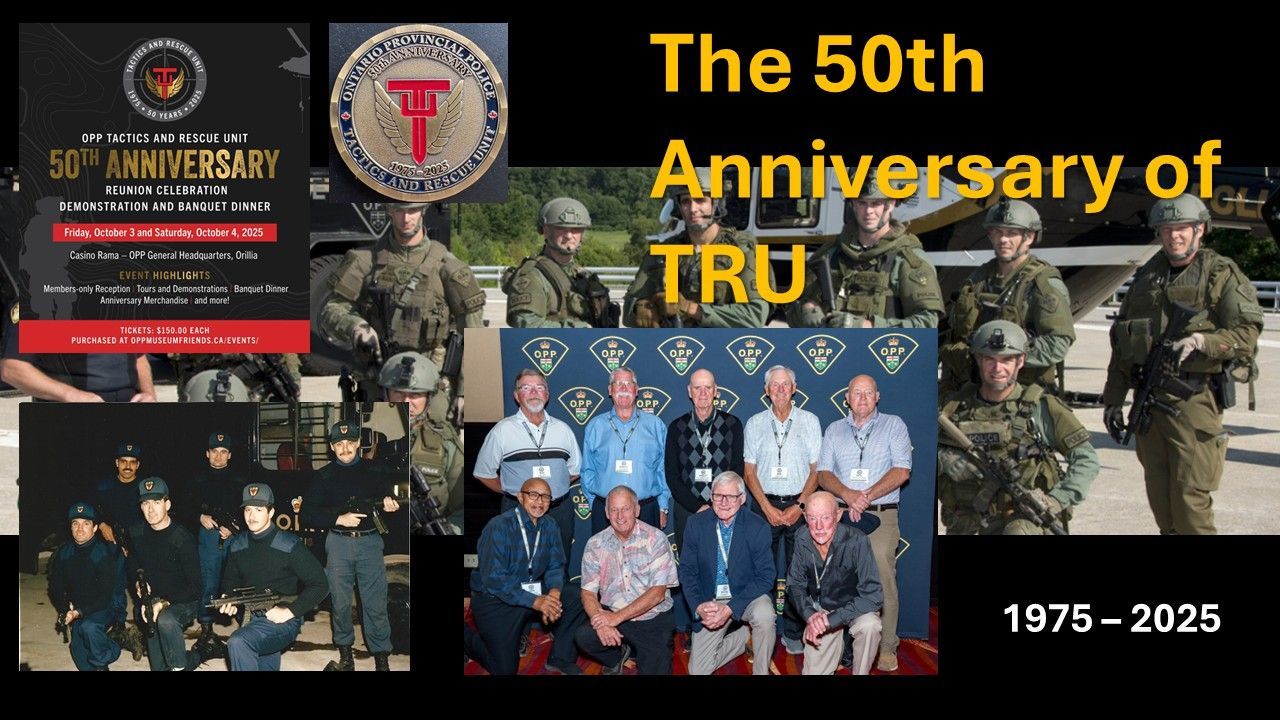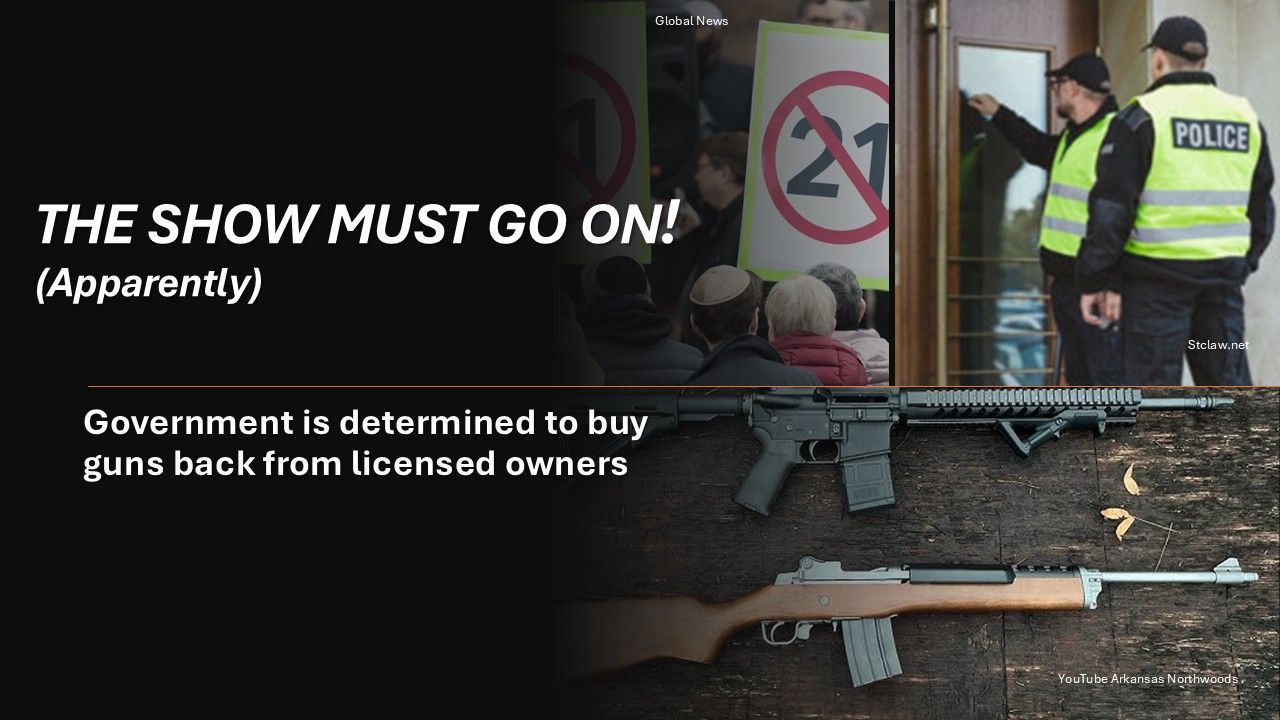New Paragraph
In her February 12th, 2018 Ottawa Citizen article, reporter Shaamini Yogaretnam outlined a recent study conducted by Greg Brown, a former Ottawa Police Service officer and current doctoral researcher, which details a concerning situation in North American policing.
Brown interviewed thousands of police officers in Canada and in the U.S. – including hundreds in Ottawa, and claims “de-policing — or avoiding proactive policing” due to a variety of factors, is a growing trend. He describes it as “an officer choosing not to engage in discretionary or proactive aspects of police duties” due to among other things, ever-increasing public scrutiny along with the use of recording devices and resulting social media postings – which can be misinterpreted. Subsequent misconduct allegations regarding racial profiling or conduct violations can then result in disciplinary proceedings or other legal processes. That has always been the reality of policing – and so it should be, but with some real and many perceived police wrongdoings becoming viral postings on social media sites, apparently some officers have chosen to avoid the potential for conflict altogether.
Proactive policing should be a big part of what police do. It shouldn’t be all about responding to radio calls. High visibility patrols; checking out suspicious people in suspicious circumstances – not based on race; interacting with youth; preventing crime and victimization – are all critical roles for police officers.
Some are blaming the Ontario government’s regulation regarding “carding.” More commonly known as “street checks,” this activity has recently dropped significantly among a number of Ontario police services. Historically an activity that was meant to be a core function of policing in terms of delving into the suspicious actions of some, it was apparently misapplied in some jurisdictions and a disproportionate number of people of colour were seemingly targeted by some officers. This was not reported to be widespread across Ontario police services. That situation was never acceptable. Unfortunately, the inappropriate actions of a minority of officers in some police services resulted in a knee-jerk reaction by government, leaving all Ontario police services with rules that have all but ended street checks.
Police are already the most highly regulated, governed and legislated profession in Canada and the Ontario government wants to increase that under the Bill 175, Safer Ontario Act, 2017.
The Ontario Human Rights Commission; local police services boards; the Office of the Independent Review Director; the Special Investigations Unit; and internal professional standards bureaus, all endeavor to ensure that officers are playing by the rules and within the boundaries of all legislation – including the Police Services Act.
Although effective and transparent governance and oversight is a good thing for a publicly funded profession that has the immense powers of being able to restrict liberty and use deadly force against citizens, many officers feel the balance has tipped to the point where everything that they do is overly scrutinized.
All of that being said, I personally think the malaise identified by Mr. Brown is bigger than regulations, governance, public scrutiny and/or the use of social media by the public.
I believe that a key issue is declining officer morale. This is a huge problem in a number of police services. And when morale goes bad, productivity and professionalism can plummet, which is never a good thing in policing. I communicate with officers from all over North America and in the 40 years I’ve been talking to cops, I’ve never seen it worse. Why is that?
In my view, police employee morale can be negatively impacted by all of the above, as well as anti-police rhetoric and protests; violent acts against police; and the seemingly never-ending swirl of mainstream and social media criticism. Other key influencing factors are police resource challenges, change and leadership failings.
Staffing shortfalls usually cause significant morale issues. Of course, the increasing cost of policing combined with municipal revenue shortfalls contributes to the need for organizational change, and that often leads to more internal strife and morale impacts. After all, there are two things cops hate: the way things are and change. This never-ending cycle of change is here to stay and cries out for the most effective leadership humanly possible to help lead police employees through the change process, as well as the day-to-day stressors of an already difficult job.
Government and police leaders at all levels need to be supportive of their officers. That doesn’t mean writing blank cheques and throwing more resources at them. But they do need to communicate; seek feedback; involve employees in the change cycle; build trust; be honest, accessible and resilient. Simply hiding silently and hoping all the problems will go away is not leadership. Nor is publicly stating words to the effect that “if you don’t like it, quit”, as we saw one municipal leader do when dealing with police employee unrest in recent years. If employees don’t feel that they at least have a say; that their leaders appreciate and understand them and are doing their best to help meet their needs, morale will never improve among officers – the bulk of whom are dedicated, hard workers.
Many officers I have spoken to complain about the modern police leadership model that seems to focus less on people and more on strategic plans; inputs and outputs; results and statistics they can measure and then take personal credit for. Getting the best bang for the limited buck and achieving community safety results are very important. There is no doubt. But if personnel don’t trust and respect their leaders and feel the same sentiments coming towards them in reverse, morale will not improve and those critical business goals will never be met. “People” have to come first for everything else to come together.
The public and media have a role too. Officers need to feel supported and not face a constant barrage of criticism. In the current environment, the “vocal minority” of anti-police groups – some with legitimate agendas and others that will never accept anything police do as anything but racist and ill-intended, often loudly control the narrative. Yes, police will err and that should be effectively addressed by the many oversight bodies mentioned above. But what about the thousands of positive interactions that occur between the police and the public every day in this province alone? Where are the silent majority and why aren’t they speaking up to defend their police for all the brave and wonderful things they do? It’s time for them to step up to the plate and counter some of this negative nonsense.
I agree with Mr. Brown that the current situation is not good. However, I remain optimistic that the vast majority of officers out there – who are honest and committed to the communities they serve, will not turn a blind eye to illegal acts that may result in a threat to the public and victimization to those they are sworn to protect. But without support at all levels – internally and publicly, and without effective leadership from top to bottom in their services, all the strategic plans, oversight and regulations in the world are not going to keep their morale above its current state.
Without strong and effective leadership, as well as public and government support, many police officers will only do what they have to do and no more. None of us want that – not the officers or the public they serve. We want them to professionally keep us safe and secure. I truly believe that’s what the overwhelming majority of our police officers want as well.




